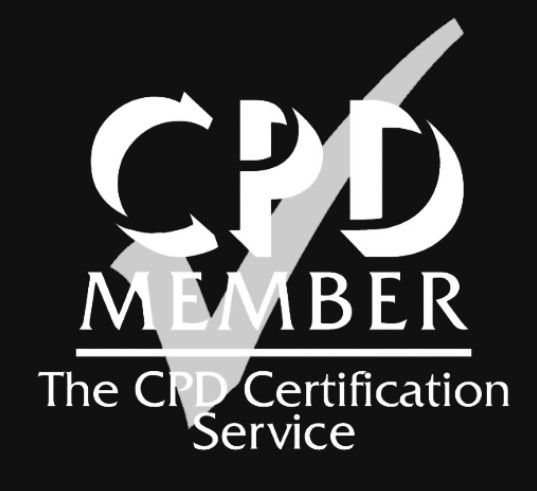
Discovering Self as context
@theAIMFORteam
Welcome to the world of personal growth and development! Today, we are going to explore the most important relationship you'll ever have - the one with yourself. You might have spent so much time focusing on external factors that you forgot to take care of yourself, but don't worry, we're here to help!
Let's start by talking about self-awareness, which is the ability to observe your thoughts, emotions, and behaviors. Without self-awareness, you might struggle to understand why you do certain things or feel certain emotions. It's like walking around with a blindfold on - you can't see what's in front of you. So, let's take off that blindfold and get to know yourself!
Let's start by talking about self-awareness, which is the ability to observe your thoughts, emotions, and behaviors. Without self-awareness, you might struggle to understand why you do certain things or feel certain emotions. It's like walking around with a blindfold on - you can't see what's in front of you. So, let's take off that blindfold and get to know yourself!
Introduction to self-awareness and its importance
Self-awareness is the ability to introspect and observe one's thoughts, emotions, and behaviours. It is the foundation for personal growth and development. Without self-awareness, we may struggle to understand our motivations, behaviours, and feelings. Cultivating self-awareness is an ongoing process that requires continuous effort.
Understanding self-regard and acceptance
Self-regard and acceptance are key components of self-awareness. Self-regard means valuing yourself, while acceptance means embracing all aspects of yourself - even the not-so-perfect ones. And trust me, we all have those!
But acceptance doesn't mean complacency; it means acknowledging your flaws and working on them in a non-judgmental way. So, go ahead and love yourself, flaws, and all!
But acceptance doesn't mean complacency; it means acknowledging your flaws and working on them in a non-judgmental way. So, go ahead and love yourself, flaws, and all!
The concept of self-as-context
Self as context, this is the part of you that observes your thoughts and emotions without judgment. It's like being your own personal therapist! By cultivating self-as-context, you can detach yourself from your thoughts and emotions and observe them objectively. This detachment allows you to gain clarity and perspective, making it easier to make informed decisions.
Self-as-context can also help you develop a sense of calm and inner peace, even in the midst of difficult situations. By observing your experiences objectively, you can detach yourself from negative emotions and gain a sense of control.
Self-as-context can also help you develop a sense of calm and inner peace, even in the midst of difficult situations. By observing your experiences objectively, you can detach yourself from negative emotions and gain a sense of control.
Developing self-as-context takes practice and patience, but it's worth it! You can start by observing your thoughts and emotions without judgment or attachment. And if that sounds too "out there" for you, you can focus on your physical sensations like your breath or the sensations in your body.

Cultivating self-awareness through mindfulness practices
Mindfulness is a practice of being present and aware of one's thoughts, emotions, and surroundings. It involves observing thoughts and emotions without judgment or attachment. Mindfulness can be achieved through various practices, such as meditation, yoga, and breathing exercises.
By incorporating mindfulness practices into our daily lives, we can begin to develop self-awareness and self-as-context. These practices can help us observe our thoughts and emotions objectively, allowing us to gain clarity and perspective on our experiences.
How self-awareness can transform your life
Self-awareness can have a major impact on our lives. By understanding ourselves better, we can make more informed decisions and take actions that align with our values and goals. Self-awareness can also help us improve our relationships with others by understanding how our behaviours and emotions affect others.
Self-awareness can also lead to greater fulfillment and happiness. By accepting ourselves and cultivating self-regard, we can build a strong sense of self and develop a positive outlook on life.
Techniques for developing self-as-context
Developing self-as-context requires practice and patience. One effective technique is to observe your thoughts and emotions without judgment or attachment. This practice can help you detach from your experiences and develop a sense of self-as-context.
Another technique is to focus on your physical sensations, such as your breath or the sensations in your body. This practice can help you stay present in the moment and develop a sense of self-as-context.
The link between self-awareness and neuroticism
Neuroticism is a personality trait characterized by emotional instability and a tendency to experience negative emotions. Studies have shown that individuals high in neuroticism have lower levels of self-awareness and self-acceptance.
By developing self-awareness and self-acceptance, individuals high in neuroticism can reduce their negative emotions and improve their overall well-being. Self-awareness can help individuals understand their emotions better, enabling them to manage them effectively.

Building team relationships
Self-awareness is essential in team relationships. By understanding oneself better, individuals can communicate more effectively with their team members. Self-awareness can also help individuals understand how their behaviours and emotions affect others, enabling them to build better relationships with their team members.
Team members who are self-aware can also better understand their strengths and weaknesses, enabling them to contribute more effectively to the team. By cultivating self-awareness, team members can create a more positive and productive team environment.
Embracing self-awareness for personal growth and fulfillment
In conclusion, embracing self-awareness is the key to personal growth and fulfilment. By cultivating self-regard, acceptance, and self-as-context, you can observe your experiences objectively, make informed decisions, and live a more peaceful and fulfilling life. So, let's get started on this journey of self-discovery!
FEATURED LINKS

We are Aim-For providing elite and grassroots athletes with cutting edge performance and mental performance management.
Copyright © 2025
CONNECT WITH US
-
Facebook
-
Twitter
-
Youtube
-
Instagram
-
Linkedin

Copyright © 2025